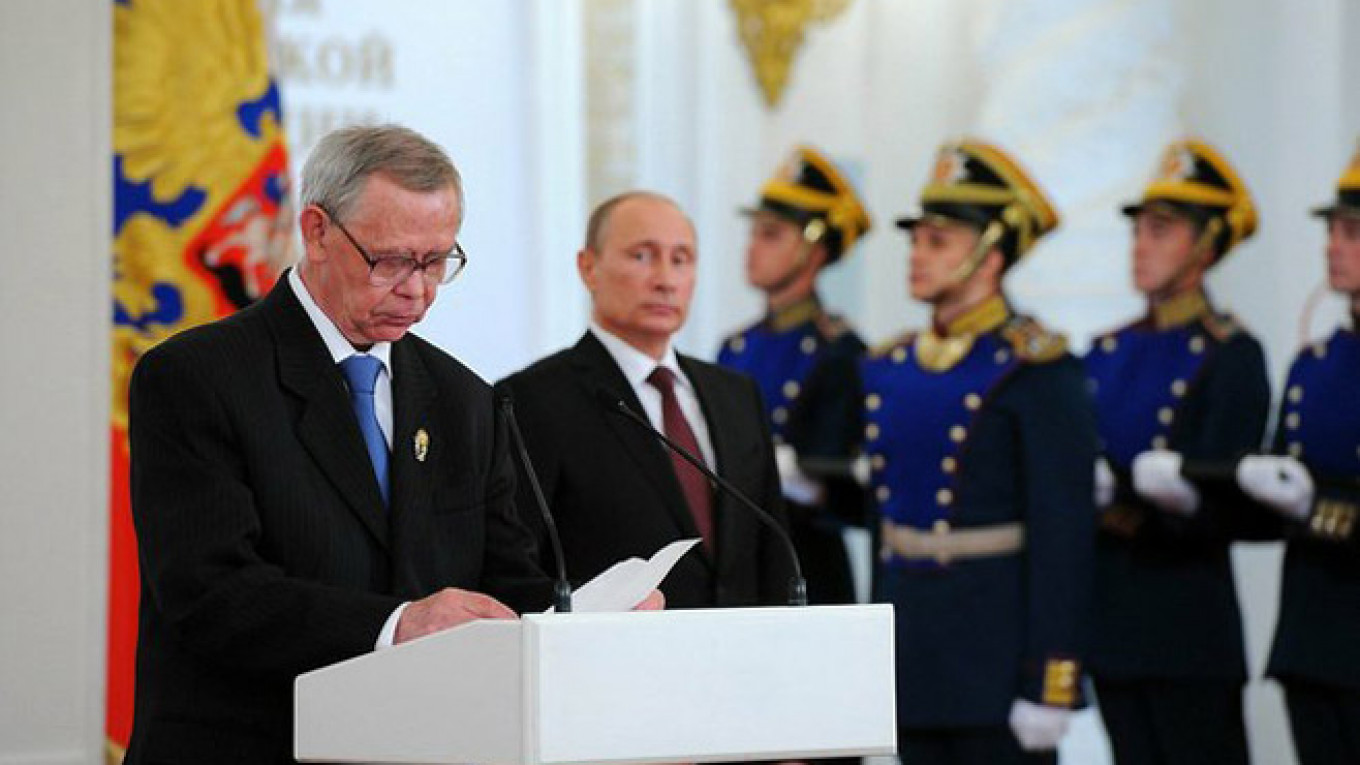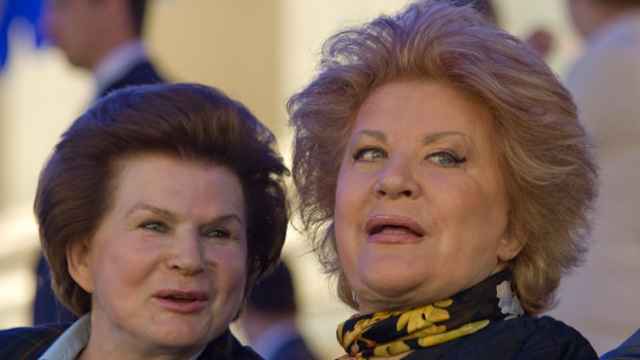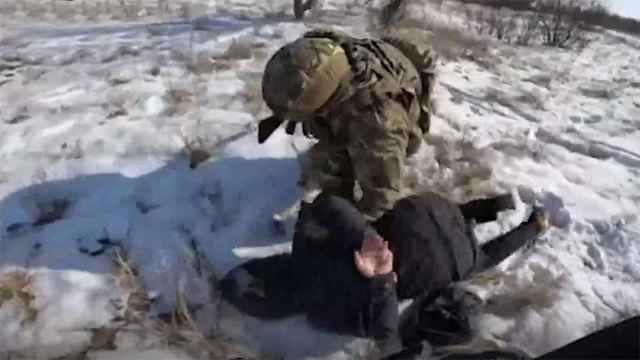President Vladimir Putin expressed his condolences to relatives and friends of Valentin Rasputin, a revered Russian writer who passed away Saturday at the age of 77.
Rasputin had been hospitalized several days prior in a serious condition, news agency Interfax reported, adding that after slipping into a coma, he never woke up. Details of his illness remain unclear.
"[Russian] literature would have been very different without his striking heroes, who remained human under any circumstances," Prime Minister Dmitry Medvedev wrote on his Facebook page Sunday.
"Through his books, many generations learned how to live, how to appreciate the beauty of this world, how to love," Medvedev wrote.
Rasputin was among the most prominent figures associated with Village Prose, a literary movement that emerged in the post-Stalin era of the 1960s and 1970s. Works of Village Prose often focused on rural life in the Soviet Union.
Born in Siberia, Rasputin wrote about Russia's most remote, neglected villages, and the lifestyles of their inhabitants.
Ust-Uda, the Irkutsk region village where Rasputin was born, was evacuated and flooded due to the construction of the Bratsk hydropower plant. The theme of a village being sacrificed for the building of a hydroelectric dam formed the backbone of his most famous novel, "Farewell to Matyora."
Rasputin's depictions of eastern Siberia's most desolate corners were not always embraced by the ruling authorities. But he was not openly anti-Soviet, and was in fact a passionate proponent of social conservatism and traditional values.
He opposed perestroika, a package of radical state reforms initiated by the last Soviet leader, Mikhail Gorbachev.
In the post-Soviet period, Rasputin remained a supporter of the Communist Party, and often defended the policies of Soviet leader Josef Stalin.
Rasputin vocally advocated for the criminal prosecution of protest group Pussy Riot after they stormed Russia's main Orthodox cathedral and belted out an anti-Putin protest anthem in February 2012.
Most recently, he voiced support for Russia's annexation of Crimea in March of last year, and spoke out against the pro-Western government in Kiev.
Though a memorial service will be held for Rasputin this Wednesday in Moscow, he will be buried in his native Irkutsk. The memorial service will be delivered by Patriarch Kirill, head of the Russian Orthodox Church.
A Message from The Moscow Times:
Dear readers,
We are facing unprecedented challenges. Russia's Prosecutor General's Office has designated The Moscow Times as an "undesirable" organization, criminalizing our work and putting our staff at risk of prosecution. This follows our earlier unjust labeling as a "foreign agent."
These actions are direct attempts to silence independent journalism in Russia. The authorities claim our work "discredits the decisions of the Russian leadership." We see things differently: we strive to provide accurate, unbiased reporting on Russia.
We, the journalists of The Moscow Times, refuse to be silenced. But to continue our work, we need your help.
Your support, no matter how small, makes a world of difference. If you can, please support us monthly starting from just $2. It's quick to set up, and every contribution makes a significant impact.
By supporting The Moscow Times, you're defending open, independent journalism in the face of repression. Thank you for standing with us.
Remind me later.






